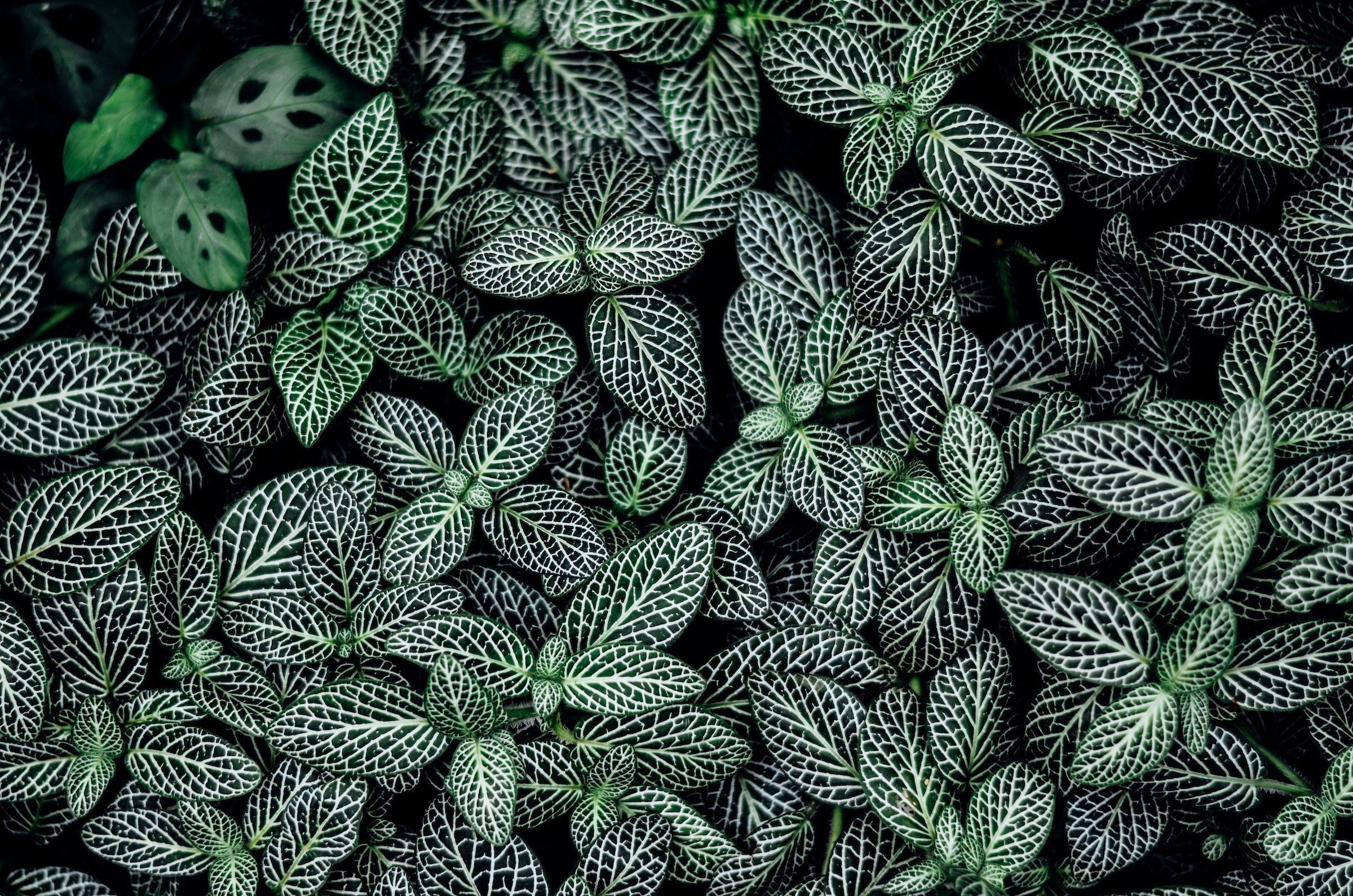Dispatches from the front lines of trauma healing.
I’ve been writing about trauma healing, PTSD, CPTSD, and wellbeing for almost 15 years, exploring what it means to be a high-performer making impact in the world — without sacrificing health or happiness.

Impact, Leadership, and the Four Sacred Gifts
Here's the full video along with an excerpt of our chat. Even if video is not your thing, I encourage you watch at least the first 10 minutes, to hear Anita share the Four Sacred Gifts and pass them on to you.

The Myth of Productivity (and What to Do About It)
Productivity makes us think we're getting ahead, when really we're on the fast-track to burnout. When we overwork, we run our immune systems into the ground. When we don't give our bodies the necessary time to rest and relax, our short-term physical, mental, emotional, and sexual health suffers.

False Urgency (and a Simple Breathwork Practice to Help)
Even our bodies are accustomed to overstimulation as the norm. We don't notice that chronic overstimulation is an indicator of an over-activated nervous system and a sign that we need self-care. We have not been conditioned to read our bodies’ clear signals as a need to slow down.

Why We Need Radical Rest
When the entire world is telling you to keep going, resting is a radical act of self-care. When we rest, we let ourselves know that whatever we’re doing, it’s safe to step away.

It is Not Okay
We are at the beginning of rapid change towards something new, so it's natural to experience a bit of vertigo and stress about it. We look for safety and security, and if we don't find it, we grab and clutch at something to take its place.

It's a Relay, Not a Marathon
COVID has shown me gaps in our empathy and support systems that I am unable to stomach. All around me, I see people paralyzed by the misplaced hope that someone will come to help or save them. You've heard the line from June Jordan’s poem, "We are the ones we have been waiting for.” Right now, that statement feels like both a blessing and a curse.

Say No to Martyrdom
It’s a bad feeling, watching health care workers plead for support and supplies, and tell us that they’re willing to sacrifice themselves for us. It’s hard to keep reading the news after seeing a message like that, but because of our leadership stories, we do. We consider martyrs an inevitable outcome of the system, but what if that wasn’t true?

F*ck Productivity
Anyone telling you that you need to optimize your time right now is deep in their own freak-out and acting like a robot. Posting about how we can optimize our work output during this crisis feels off when so many of us are losing jobs and afraid our loved ones will fall sick (if they're not sick already). Reaching for quick fixes points to a deep denial about what is going on.

Self-Care and COVID-19: An Invitation
We need to learn how to do the work ahead of us in a way that doesn't consume us, that is not just sustainable but in fact deeply nourishing. I know that it's possible. What it requires is self-care.

Safety Planning for Coronavirus (COVID-19)
If you understand exponentials, you can see that like a slow-moving tidal wave, COVID-19 is becoming a serious pandemic. Because of exponential growth, what seems like a slow rise of cases can quickly surge to overwhelm our health centers. We all want do our part to avoid this, so let’s explore some risk mitigation…

Leadership in the Time of Coronavirus (COVID-19)
The public health system undertakes pandemic preparedness to be ready for a time like this. Almost everyone underestimates how much can be done to prevent more cases with simple behavior change.

5 Signs that Changemaker Stress is Impacting Your Life
Things are getting more chaotic as the pace of change accelerates. There are lots of reasons for this, but around the world, old systems are under tremendous strain. We're already in transition towards something new, but probably not prepared for the toll this uncertainty is taking on us as leaders.

How To Create a Daily Meditation Practice
Three minutes is the Minimum Viable Practice because everyone has three minutes a day to meditate. Everyone. New mothers, CEOs who live in business class, my friends on humanitarian assignment in Mozambique. In all my teaching, I have found this to be true.

What You Need to Know about Stress (Before it Hurts You)
Stress may not be optional, but how we respond to it is. People exposed to the same stressors have different stress hormone levels, depending on how each individual responds. We may not be able to control the stress we’re exposed to, but how we chose to respond to it is everything.

Belonging
Exclusion and belonging are part of the same dynamic, and at the core is a need to be seen and cared for, as a member of a group. On an animal level, I don't think we realize how much connecting to other people means to us and how valuable it is for our long-term well-being.

How to Land the Plane (Keeping It Together in Turbulent Times)
The world around us tells us we're not enough, or we're too much, and we should [Fill-In-The-Blank]. I say no to that. You know what you need. Give it to yourself. Surround yourself with people who nourish you.

The Problem with "Deserving"
Assuming we "deserve better" means that something in inherently unfair. You're being treated badly by someone or something, which immediately takes away your power and puts you in the stance of a victim. We say it about a situation or a person, but either way, "deserving" invokes the idea that we live in a fair and just universe, that has somehow failed to deliver to us what we are entitled to.

Why Social Media is Making You Depressed (and What to Do About It)
Recent research now indicates social media actually causes depression — as in, there is a cause (social media use) and an effect (depression). The study, published in this month's Journal of Social and Clinical Psychology, shows that limiting social media use to no more than 30 minutes a day significantly reduces loneliness and depression.

How to Sleep: A Leader's Guide to Daily R&R
Learning how to structure your rest and align with your sleep cycles will give you the foundation you need to feel good the rest of the day. Your mental alertness will contribute to emotional self-regulation, which means you're more resilient and adaptable when stress comes your way.

How the 7 D’s are Disrupting Leadership-As-Usual
Rapid technological change is fast creating a society that is going to be vastly different than the one we experience today. This is why leadership is so massively important. I want to explore just why exponential technologies are disruptive to leaders, because this can be deceptive.

